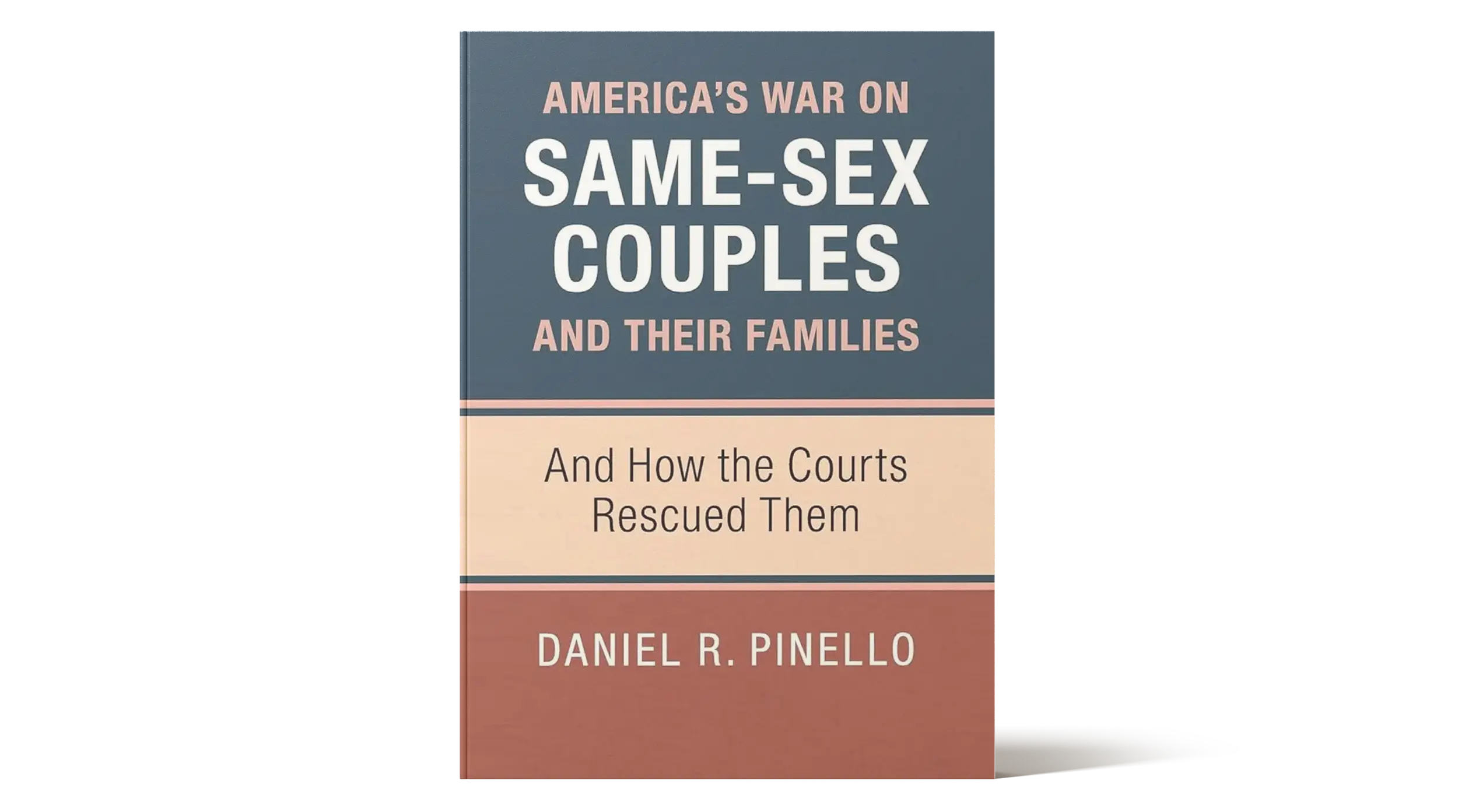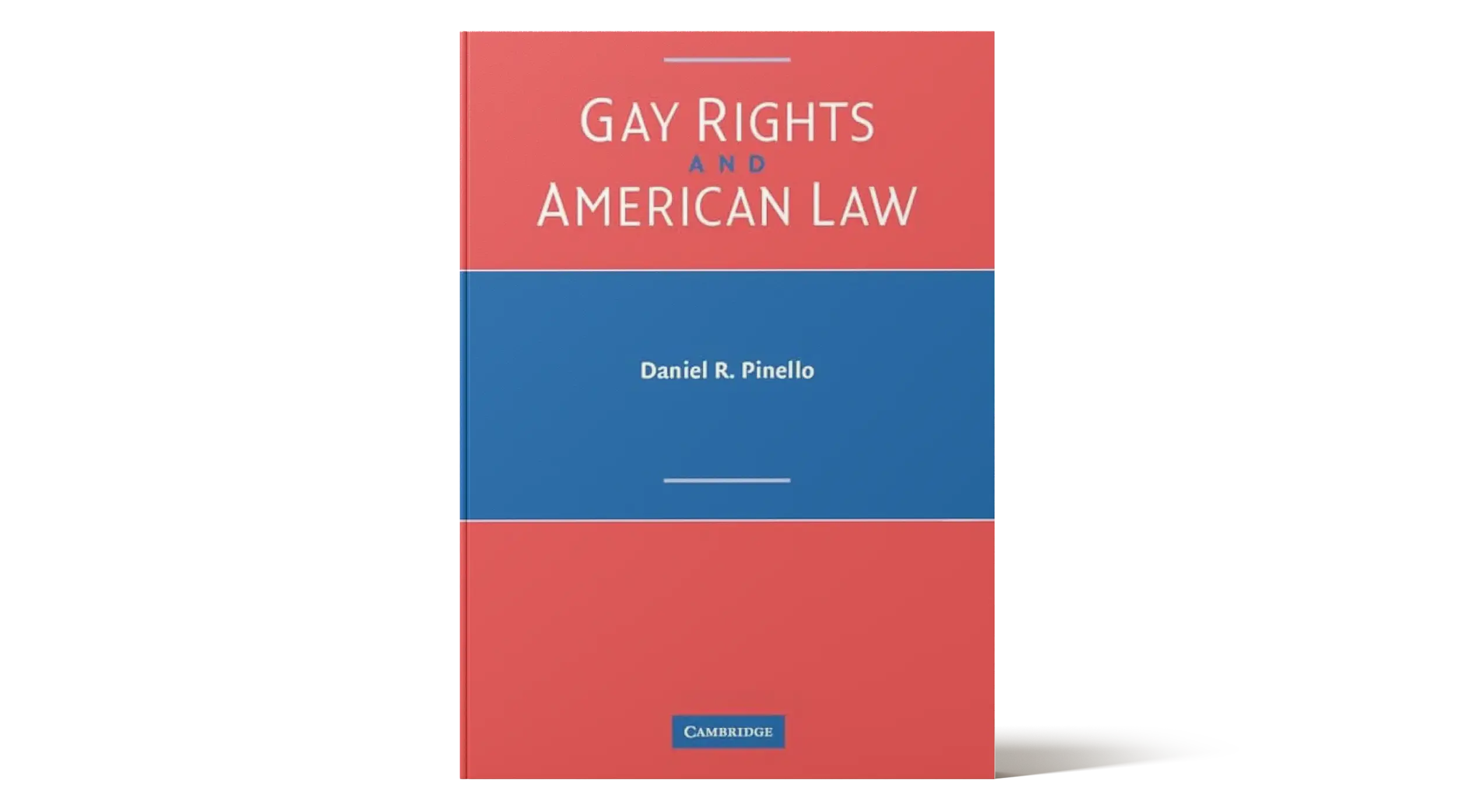Plaxico v. Michael
Mississippi Supreme Court
735 So.2d 1036
March 31, 1999
SMITH, Justice, for the Court:
STATEMENT OF THE CASE
This is an appeal from a judgment of the Circuit Court of Tippah County, Mississippi, dismissing with prejudice, Rita Plaxico’s invasion of privacy claim which is based upon the sub-tort of intentional intrusion upon seclusion or solitude.
Glenn Michael learned of a homosexual relationship between his former wife and Plaxico. He subsequently filed for modification of child custody in November of 1993, against his former wife, to have their minor daughter placed in his custody. He alleged in this modification of child custody case, Michael v. Michael, that his former wife was engaged in a lesbian relationship with her roommate, Plaxico. During discovery of the child custody case, semi- nude pictures that had been obtained by Michael were produced by his attorney. These pictures show Plaxico in her bed nude from the waist up. Michael was subsequently awarded custody of his minor daughter.
Plaxico filed suit in the Circuit Court of Tippah County against Michael for invasion of her privacy, specifically alleging in her pleadings, the sub- tort of “intentional intrusion upon the solitude or seclusion of another.” The parties, by mutual agreement, agreed to a trial without a jury.
Circuit Judge Henry L. Lackey heard the case on May 14, 1996. Michael stated that he watched his former wife and Plaxico engage in sexual conduct. It was at this time that Michael went to his truck to get a camera. He returned to the window and took pictures in order to obtain proof of their lesbian relationship.
The trial court, after hearing all of the evidence, ruled on June 25, 1996, that Michael had a qualified privilege when he obtained the evidence of the relationship between Plaxico and his former wife in order to protect his child. The trial court then dismissed the complaint with prejudice and ordered that Plaxico pay the costs of the proceeding, and that both parties were responsible for their own attorney’s fees. From that judgment, Plaxico brings this matter before this Court on appeal raising the following issues:
I. WHETHER MICHAEL COMMITTED AN INTENTIONAL INTRUSION UPON SOLITUDE OR SECLUSION OF PLAXICO?
II. WHETHER PLAXICO IS ENTITLED TO DAMAGES AS A RESULT OF MICHAEL’S ALLEGED INVASION OF PLAXICO’S PRIVACY?
III. WHETHER THE CIRCUIT COURT OF TIPPAH COUNTY, MISSISSIPPI CORRECTLY DISMISSED PLAXICO’S COMPLAINT AGAINST MICHAEL FOR AN ALLEGED INTRUSION UPON THE SECLUSION OR SOLITUDE OF PLAXICO?
STATEMENT OF THE FACTS
Glenn Michael and his wife were divorced. They had one female child who was about six (6) years old at the time of trial. The Chancellor gave custody of the child to Michael’s wife in the Divorce Decree. Michael’s former wife and child lived in a cabin that had been rented by Michael as the family home prior to their divorce. Plaxico moved into the cabin with Michael’s former wife and his child sometime after the divorce.
Michael was later informed that his ex-wife was having a relationship with the Plaintiff, Rita Plaxico. Michael wanted to modify the child custody based on the fact that his former wife and Plaxico were romantically involved with each other.
On night in June, 1993, Michael slipped up to a window in the cabin through which witnessed Plaxico and his former wife having sexual relations. He left to retrieve a camera from his vehicle. After doing so, he returned and took three (3) photographs of Plaxico, who was sitting in bed naked. However, the bed covers covered her from the waist down.
Michael had the photographs developed and delivered the pictures to his attorney. He then, on November 16, 1993, filed for modification of child custody. Michael testified that he did not show the photographs to anyone other than his lawyer. His lawyer produced the photographs to Michael’s former wife’s attorney in response to discovery requests in the child custody matter pending between Michael and his former wife in which the Chancellor granted Michael the custody of his child. Plaxico became aware of the photographs through Michael’s former wife’s attorney, who represented both Plaxico and Mrs. Michael.
Plaxico subsequently filed suit for invasion of privacy. She claimed that Michael intentionally intruded upon her seclusion and solitude, and she suffered damages as a result of this tort. She further testified and acknowledged that she and Michael’s former wife were lovers and had engaged in sexual relations. Plaxico’s complaint and action were dismissed by the Circuit Court of Tippah County, Mississippi, and appealed to this Court.
DISCUSSION OF THE ISSUES
I. WHETHER MICHAEL COMMITTED AN INTENTIONAL INTRUSION UPON SOLITUDE OR SECLUSION OF PLAXICO?
The present case was dismissed by the Circuit Court of Tippah County with prejudice. This Court has held that such dismissals by the trial court are reviewed under an abuse of discretion standard. Pierce v. Heritage Properties, Inc., 688 So.2d 1385, 1388 (Miss.1997). When the Court reviews such decisions of the trial court, it should first ask whether the court below applied the correct legal standard. Burkett v. Burkett, 537 So.2d 443, 446 (Miss.1989). “If so, we then consider whether the decision was one of those several reasonable ones which could have been made.” The trial court’s decision will be affirmed unless there is a “‘definite and firm conviction that the court below committed a clear error of judgment in the conclusion it reached upon weighing of relevant factors.'” Cooper v. State Farm Fire & Cas. Co., 568 So.2d 687, 692 (Miss.1990).
In order for Plaxico to prevail in this action, she must prove all elements of the sub-tort to invasion of privacy, intentional intrusion upon seclusion or solitude. In Candebat v. Flanagan, the we stated that actions for the invasion of privacy as a tort have received universal recognition in the United States. Candebat v. Flanagan, 487 So.2d 207, 209 (Miss.1986). In fact, every state except Rhode Island provides either statutory or common law relief for it. Mississippi gave explicit recognition to the tort of invasion of privacy in Deaton v. Delta Democrat Publishing Co., 326 So.2d 471, 473 (Miss.1976). The tort of invasion of privacy is comprised of four distinct and separate sub-torts which are as follows:
1. The intentional intrusion upon the solitude or seclusion of another;
2. The appropriation of another’s identity for an unpermitted use;
3. The public disclosure of private facts; and
4. Holding another to the public eye in a false light.
In the case at bar, it is the first of the sub-torts which is at issue, the intentional intrusion upon the solitude or seclusion of another.
Candebat is our only case that deals specifically with the sub-tort of intentional intrusion upon the solitude or seclusion of another. There we stated that to recover for an invasion of privacy, a plaintiff must meet a heavy burden of showing a substantial interference with his seclusion of a kind that “‘would be highly offensive to the ordinary, reasonable man, as the result of conduct to which the reasonable man would strongly object'” (quoting Restatement Second of Torts, Section 652B, comt. d (1977)). Further, the plaintiff must show some bad faith or utterly reckless prying to recover on an invasion of privacy cause of action (citing Wilson v. Retail Credit Co., 325 F.Supp. 460, 467 (S.D.Miss.1971), aff’d, 457 F.2d 1406 (5th Cir.1972)). However, the general rule is that there is no requirement of publication or communication to a third party in cases of intrusion upon a plaintiff’s seclusion or solitude. Fowler v. Southern Bell Tel. & Tel. Co., 343 F.2d 150, 156 (5th Cir.1965).
In the present case, Plaxico did not prove each element of intentional intrusion upon solitude or seclusion of another. Plaxico was in a state of solitude or seclusion in the privacy of her bedroom where she had an expectation of privacy. However, we conclude that a reasonable person would not feel Michael’s interference with Plaxico’s seclusion was a substantial one that would rise to the level of gross offensiveness as required to prove the sub-tort of intentional intrusion upon seclusion or solitude.
No one would dispute that parents have a predominant and primary interest in the nurture and care of their children. Ethredge v. Yawn, 605 So.2d 761, 764 (Miss.1992). In child custody matters the best interest of the child is the polestar consideration. Mercier v. Mercier, 717 So.2d 304, 306 (Miss.1998). Here, Michael became concerned about the welfare of his daughter, who was in the custody of his former wife. Michael’s former wife subleased a cabin from him, and invited Plaxico to be her roommate. His concern was based on numerous rumors of an illicit lesbian sexual relationship between Plaxico and his former wife. Michael decided that it was not in the best interests of his daughter to allow her to remain in the custody of her mother, and he wanted to obtain custody of the child. It is of no consequence that the mother was having an affair with another woman. She could have been carrying on an illicit affair with a man in the home where the child was, and any father would feel that this too was inappropriate behavior to be carried on in the presence of the child. A modification would still be desired by the parent.
In the present case, Michael did want to file for modification of child custody. However, he had no proof that there actually was lesbian sexual relationship which could be adversely affecting his minor child. In order to obtain such proof, he went to the cabin, peered through the window and took pictures of the two women engaged in sexual conduct. Three pictures were actually developed which were of Plaxico in a naked state from her waist up in her bed. Michael believed that he took these pictures for the sole purpose to protect his minor child. Although these actions were done without Plaxico’s consent, this conduct is not highly offensive to the ordinary person which would cause the reasonable person to object. In fact, most reasonable people would feel Michael’s actions were justified in order to protect the welfare of his minor child. Therefore, the elements necessary to establish the tort of intentional intrusion upon solitude or seclusion are not present.
Plaxico has failed to establish that there was an invasion of her privacy–the sub-tort of intentional intrusion upon seclusion or solitude. Consequently, the remaining two issues concerning damages and qualified privilege are moot and will not be addressed.
Accordingly, we affirm the judgment of the Tippah County Circuit Court.
AFFIRMED.
BANKS, Justice, dissenting:
Upon the apparent theory that no reasonable person could believe that the ends do not justify the means in this case the majority opinion improperly concludes that Michael’s unreasonably intrusive conduct would not be highly offensive to a reasonable person. I disagree both with the premise and the conclusion. Accordingly, I respectfully dissent.
In my view, peeping into the bedroom window of another is a gross invasion of privacy which may subject one to liability for intentional intrusion upon the solitude or seclusion of that other. See Candebat v. Flanagan, 487 So.2d 207, 209-10 (Miss.1986); RESTATEMENT (SECOND) OF TORTS Section 652B cmt. b, illus. 2 (1977) (invasion of privacy would occur if private investigator, seeking evidence for use in a lawsuit, looks into plaintiff’s bedroom window with telescope for two weeks and takes intimate photographs).
The trial court found refuge in what it found to be a qualified privilege to see to the best interest of a child. Neither rumors concerning an ex-wife’s lifestyle nor a parent’s justifiable concern over the best of interests of his child, however, gave Michael license to spy on a person’s bedroom, take photographs of her in a semi-nude state and have those photographs developed by third parties and delivered to his attorney thereby exposing them to others. While it is not my view that the publication to others is necessary for tort liability here, I make reference to it to demonstrate the highly offensive nature of the behavior here involved. See RESTATEMENT (SECOND) OF TORTS Section 652B cmt. b (1977) (the intrusion itself makes the defendant subject to liability, even though there is no publication or other use of any kind of the photograph or information outlined.)
In another context, we have observed that “the end does not justify the means…. Our society is one of law, not expediency. This message must be repeated at every opportunity …” Mississippi Bar v. Robb, 684 So.2d 615, 623 (Miss.1996). I regret that today’s majority here does not follow these worthy ideals.
PRATHER, C.J., SULLIVAN, P.J., AND McRAE, J., JOIN THIS OPINION.
McRAE, Justice, dissenting:
I disagree with the majority’s decision to affirm the dismissal of Rita Plaxico’s suit against Glenn Michael for intentional intrusion upon the solitude and seclusion of another, a sub-tort of the tort of invasion of privacy. While the majority did not reach the issue, it impliedly affirms the lower court’s finding that Michael had a qualified privilege to take the semi-nude photographs of Plaxico to obtain information helpful to him in his custody battle with his former wife. Ms. Plaxico, the paramour of Michael’s ex-wife, however, was not a party to the custody proceedings. As the majority points out, it matters not whether Michael’s former wife was involved in a lesbian or a heterosexual relationship. Michaels was not at liberty to peek in the women’s bedroom window, an act that can only be characterized as voyeuristic. Nor was he at liberty to take photographs of Plaxico and share them with his attorney. At best, only pictures of his former wife could possibly be characterized as helpful to Michael’s case. As to Plaxico, any privilege allowed Michael is misplaced. Accordingly, I dissent.
BANKS, J., JOINS THIS OPINION.



